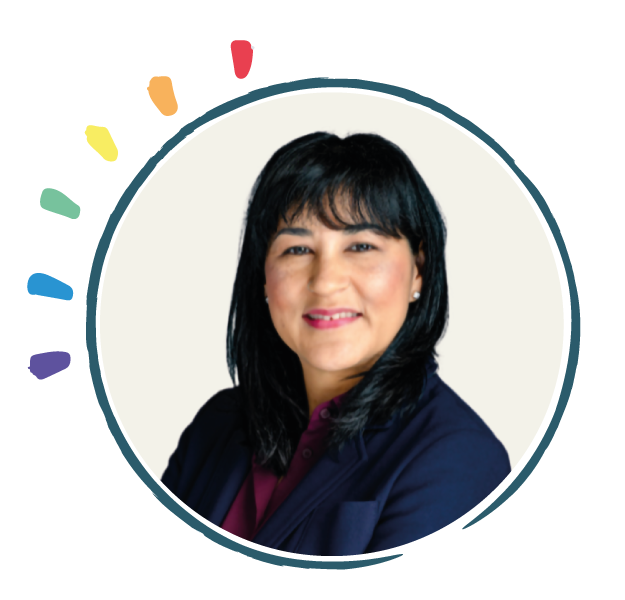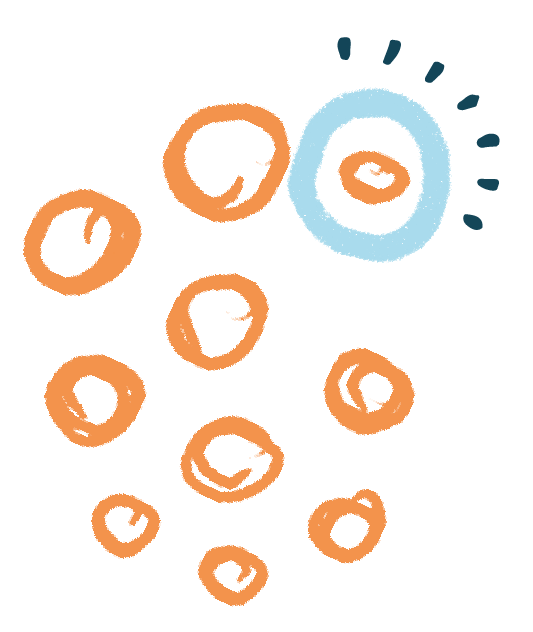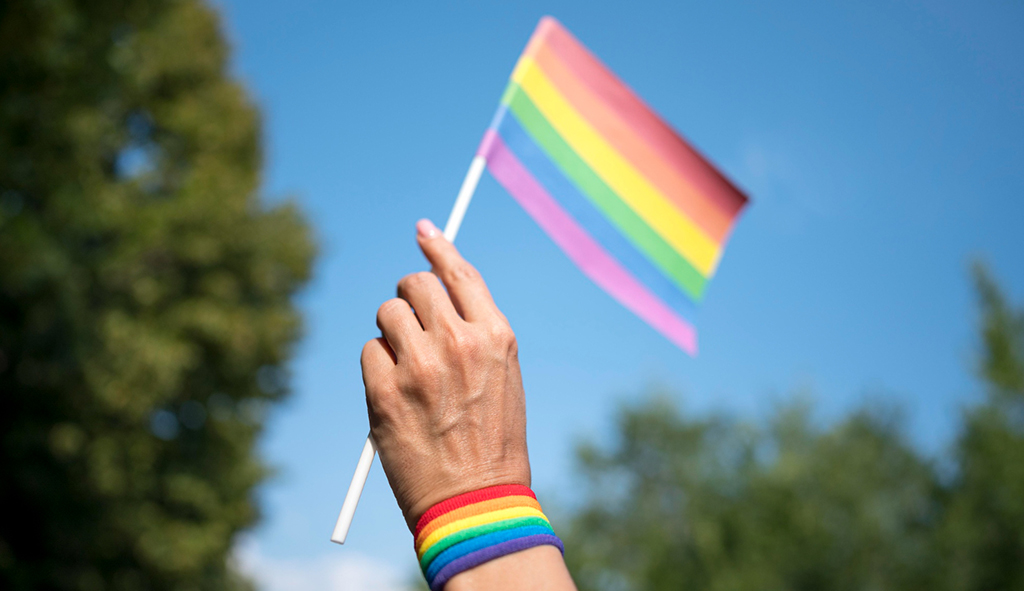Everyone should be able to live without fear and receive equal treatment under the law. But for many LGBTQ+ people, these basic rights are not guaranteed. One organization working to defend and expand the rights of this community is The Human Rights Campaign (HRC), a U.S.-based advocacy group that educates the public about gender and sexual minorities, advances pro-equality policies, and mobilizes voters to fight discrimination.
The Human Rights Campaign Foundation (HRCF) improves the lives of LGBTQ+ people by working to increase understanding and encouraging the adoption of inclusive policies and practices. As a part of these efforts, the group publishes an annual Corporate Equality Index (CEI), a tool that rates American businesses on their treatment of LGBTQ+ employees, and in 2016 it released its first report on Mexican businesses. It has since extended this initiative to Chile, Argentina, and Brazil, aiming to support employers in fostering greater inclusivity.
Adriel Maroni, a member of Terra’s commercial team, spoke with Carlhey Bolz, Deputy Director of Global Business Engagement on the Workplace Equality Program team at the HRCF, to learn more about the HRC’s mission, challenges, and triumphs for the LGBTQ+ community, and to discuss its focus on accessible and culturally sensitive communications.
Personal Perspective: An Advocate’s Story

Carlhey’s experiences as a Mexican American woman and member of the LGBTQ+ community have shaped her passion for accessible communication and advocacy for marginalized groups.
She stepped into her role at HRCF in the aftermath of Roe v. Wade being overturned, a moment that underscored the potential risk to marriage equality and other hard-won rights. Understanding how these threats to anti-discrimination laws could personally impact her life, she felt compelled to champion LGBTQ+ rights from a new perspective.
Through her work at HRCF, she has the opportunity to ensure that millions of people have protections in place and access to helpful resources so they don’t have to face discrimination in the workplace. “I’ve worked in unfriendly environments and ensuring that others don’t have to, is definitely fulfilling for me.”
This endeavor requires an understanding of the cultural nuances of each Latin American country in which the HRCF conducts its annual workplace surveys. And having grown up in a Mexican American family, lived and worked in Peru and Costa Rica, and traveled extensively throughout Latin America, Carlhey is aware of how much can vary from country to country. In addition to bringing her unique perspective, she collaborates closely with implementing partners in each country to ensure HRCF’s work remains culturally sensitive and reflects the unique needs of LGBTQ+ communities across diverse program countries.
HRC: History and Commitment to LGBTQ+ Rights
The Human Rights Campaign Fund, originally founded in 1980 by activist Steve Endean, began with a primary focus on supporting congressional candidates who advocated for LGBTQ+ rights. By restructuring in 1995, into the Human Rights Campaign and the Human Rights Campaign Foundation, it was able to expand its mission and incorporate initiatives like the Workplace Equality Program and the Healthcare Equality Index (HEI).
“Our organization has become a stronghold of defense of the LGBTQ+ community and, at our core, we’re really trying to meet the people where they are and help them continue to evolve.”
A major milestone for HRC was the 2015 U.S. Supreme Court decision that made marriage equality the law of the land. Thanks in part to the collaborative movement led by HRC, same-sex marriage is now legal in all 50 states.
The organization also supports congressional hearings on the importance of LGBTQ+ inclusion and mobilizes 72 million equality voters each election cycle, which is a critical focus, especially during presidential campaigns. Recently, HRC has also been tackling an increase in anti-LGBTQ+ legislation, even declaring a state of emergency for members of this community.
HRC’s Initiatives in Latin America: Workplace Equality

In Latin America, HRC has tailored its approach, focusing on culturally relevant policies and inclusive language. Through programs like the Corporate Equality Index and Equidad/e (Mexico, Chile, Argentina, and Brazil), this organization collaborates with Latin American employers, encouraging them to “implement inclusive policies and create welcoming environments for LGBTQ+ individuals.” These programs evaluate and certify businesses that foster supportive and positive environments for LGBTQ+ individuals, setting a standard for corporate responsibility and workplace equity across Latin America.
“We recognize that each country has its unique nuances and specific goals. However, we’ve established a set of foundational pillars that define our commitment across regions—such as non-discrimination policies, the creation of ongoing employee resource groups (ERGs) or diversity councils, internal education and training programs, and active public engagement.”
This work underscores HRC’s commitment to expanding their reach and creating spaces where LGBTQ+ individuals feel respected and represented. By working closely with local advocates and adapting programs to meet regional needs, the organization strives to make language access and inclusivity a cornerstone of LGBTQ+ rights advocacy in Latin America.
Language Accessibility in LGBTQ+ Advocacy
In their Latin American programs, HRCF emphasizes language accessibility, and understanding that effective communication is crucial for fostering inclusivity. Language access allows them to deliver resources and information that resonate with and reach diverse linguistic communities across Latin America. This is vital in workplaces, public spaces, and healthcare settings, where language barriers can significantly affect an individual’s access to resources and sense of belonging.
Conclusion
Human Rights Campaign’s work highlights the importance of creating inclusive, accessible environments for the LGBTQ+ community—both in the U.S. and internationally. By prioritizing language and cultural nuances, they advocate for meaningful change and set a standard for building fairer, more connected communities.
As companies and communities continue to embrace these principles, HRC’s commitment to breaking language barriers serves as a powerful example of how we can all strive toward a more equitable future.









